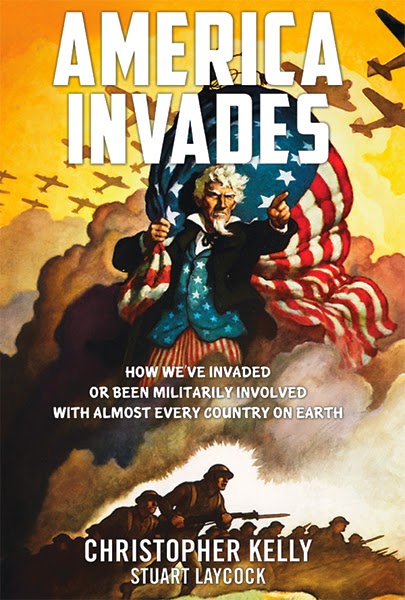 |
| Rose Bowl, Pasadena Ca |
During the attack "Eight battleships, three light cruisers, three destroyers and four auxiliary craft either sunk, capsized or (were) heavily damaged." 2,403 (including 68 civilians) were killed and 1,178 were wounded in the attack. At Dawn We Slept, Gordon W. Prange, 1981 (www.amzn.com/0140157344).
After the attack, Admiral Nagumo ordered his fleet to return to the safety of Japan. He left, however, a picket of Japanese submarines patrolling the West coast of the USA and Canada to prey on Allied shipping. There were at least nine Japanese submarine cruising the West coast of the USA in December 1941.
America was shocked by the Japanese strike against Pearl Harbor; the West coast was positively apoplectic. There was a tremendous fear that the West Coast could be invaded at any moment. These fears manifested themselves in the form of FDR's Executive Order 9066 (See earlier post, Executive Order 9066 -- The Internment, 2/25/12) -- the Internment of Japanese-Americans and those of Japanese descent.
This widespread fear even had an impact on College football. The Rose Bowl is always played on January 1st in Pasadena, California. The face-off between the best Pac-10 and Big 10 team is preceded by pageantry including the Rose parade. With the Pearl Harbor attack only 25 days prior to the scheduled kick-off of the 1942 Rose Bowl, the War department cancelled the game which had been scheduled to by played between Duke and Oregon State.
On learning this news, Duke University graciously invited the Oregon State Beavers to play the game in Durham, NC. The visiting OSU Beavers beat the Duke Blue Devils 20 to 16 in the 1942 Rose Bowl.
You can now purchase Commander Kelly's first book, America Invades here...www.americainvades.com or on Amazon...www.amzn.com/1940598427

No comments:
Post a Comment